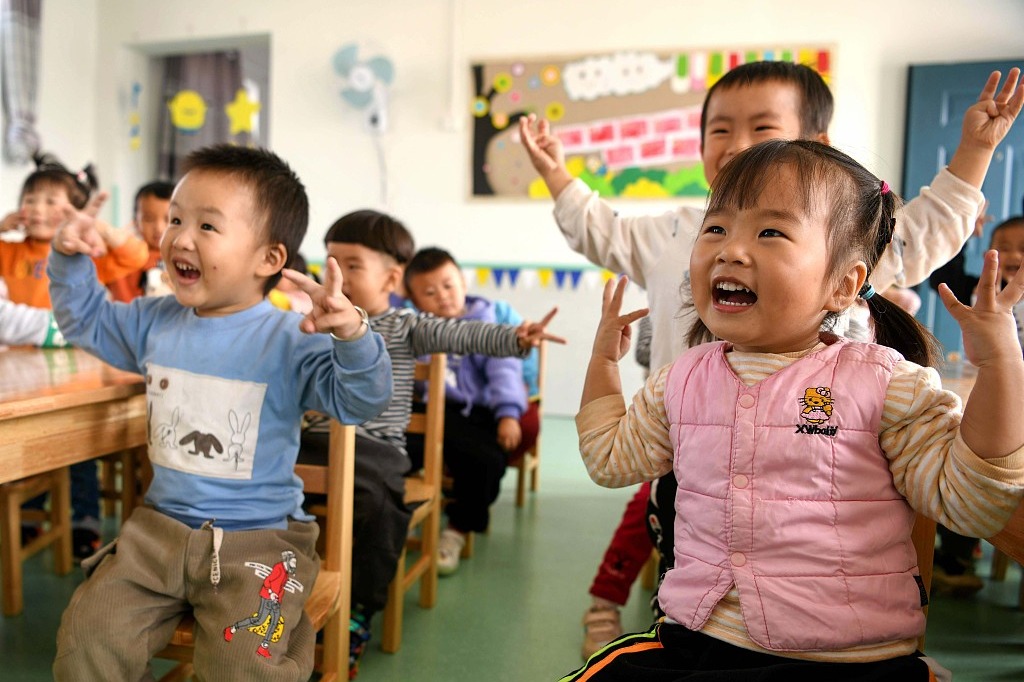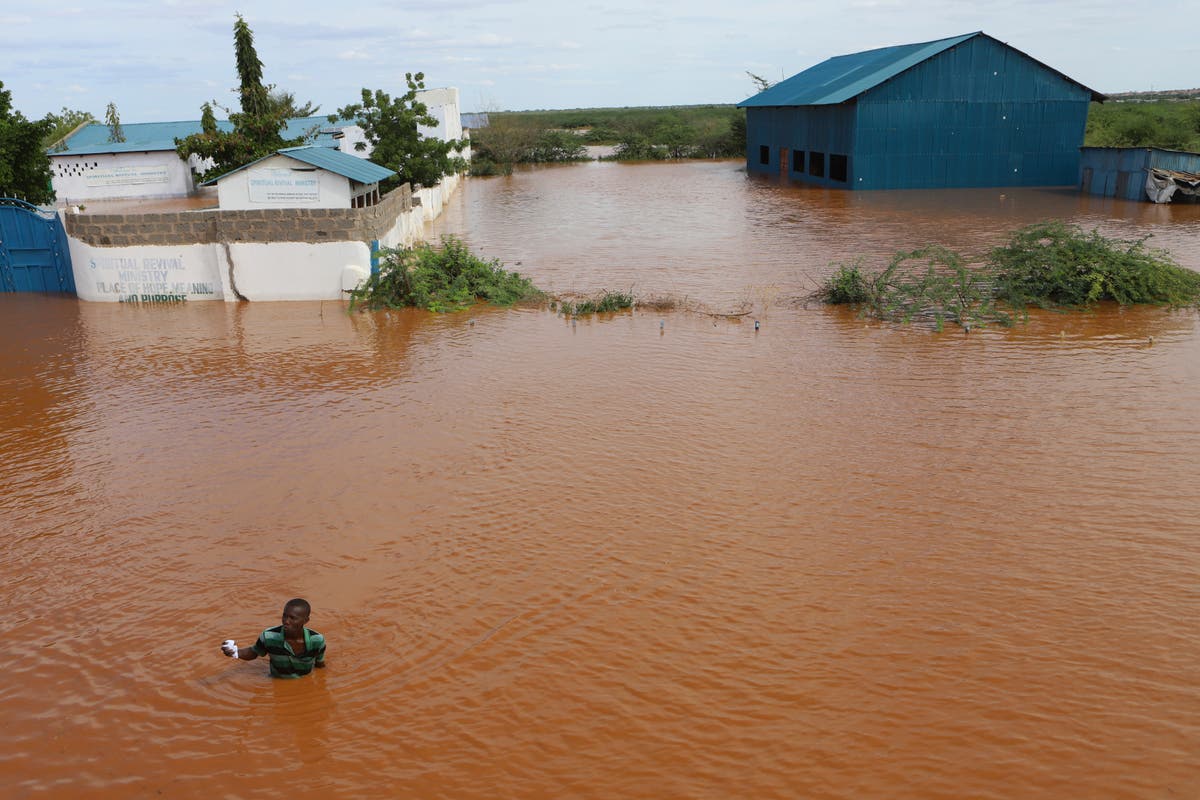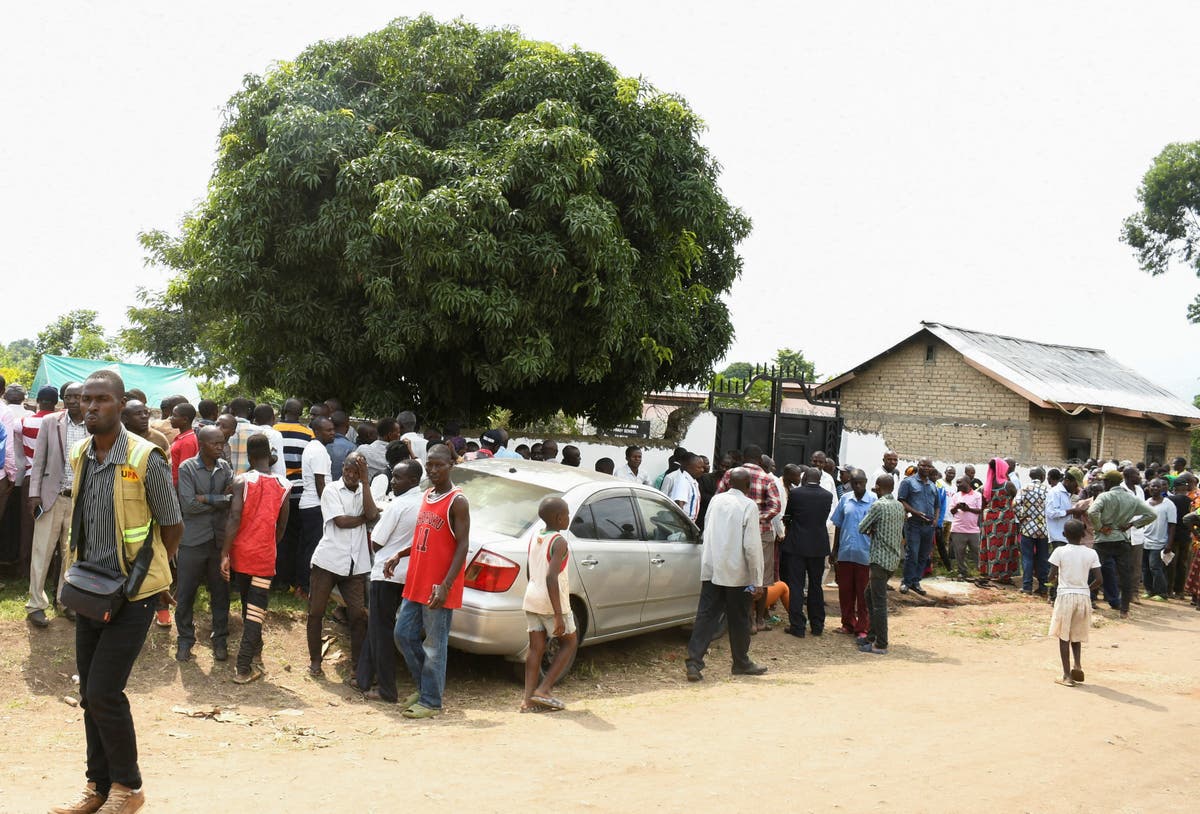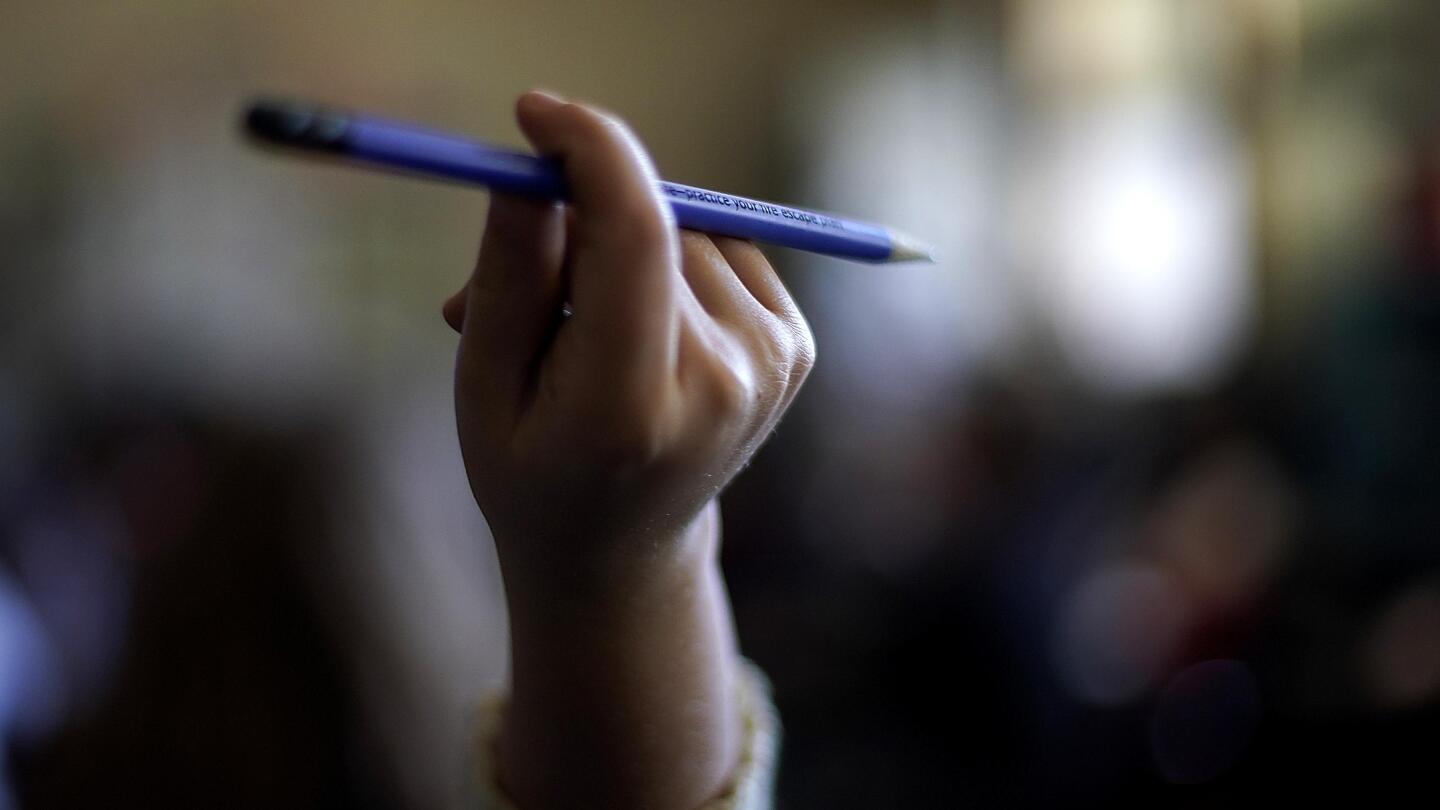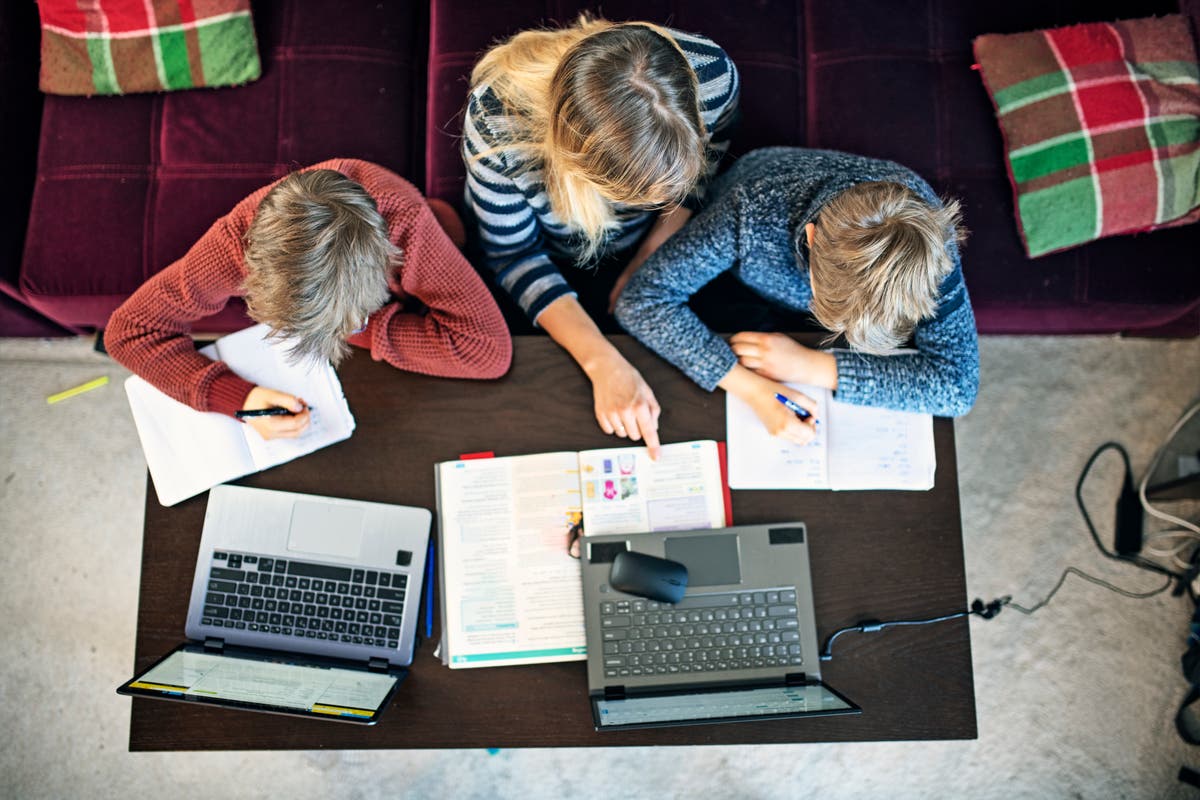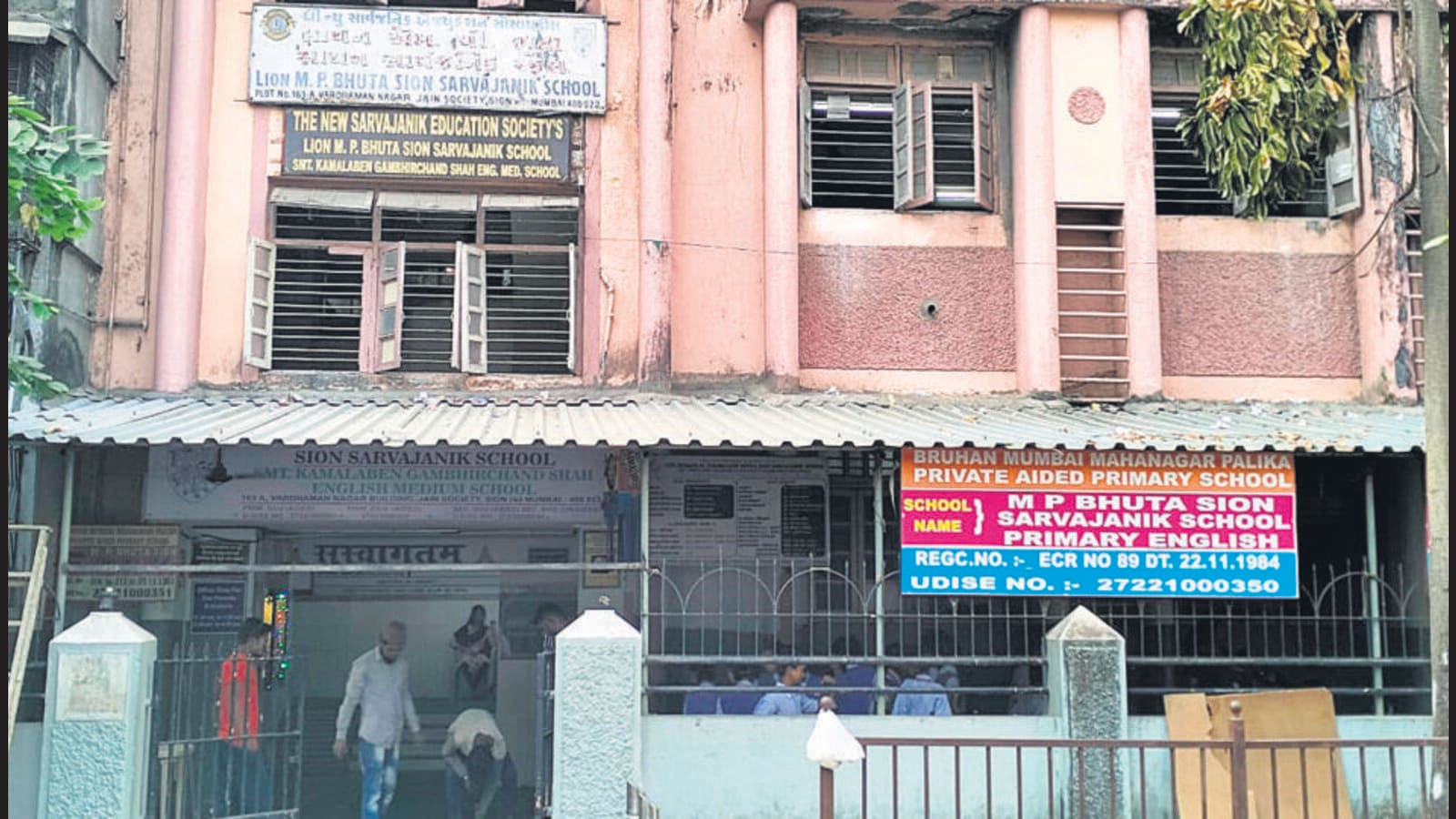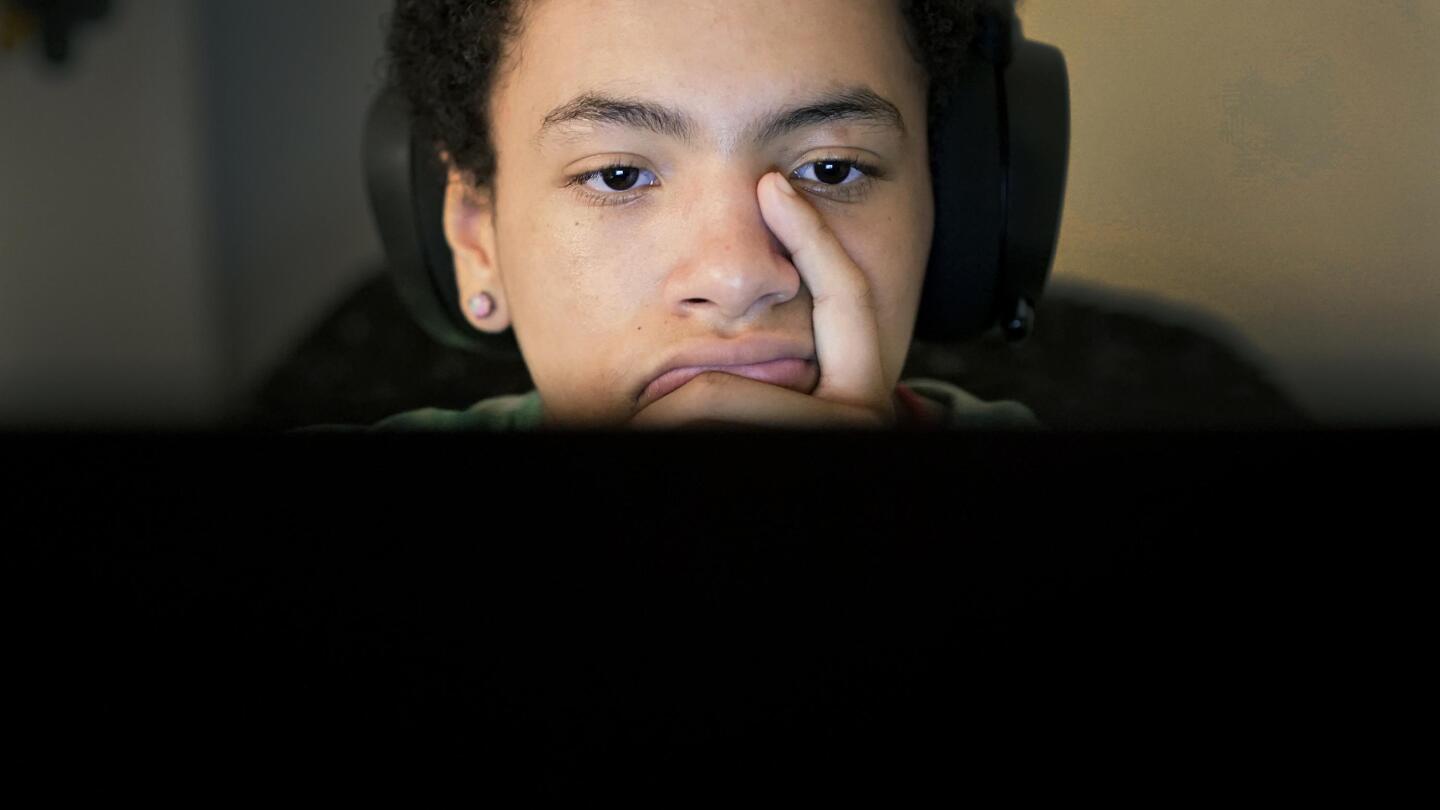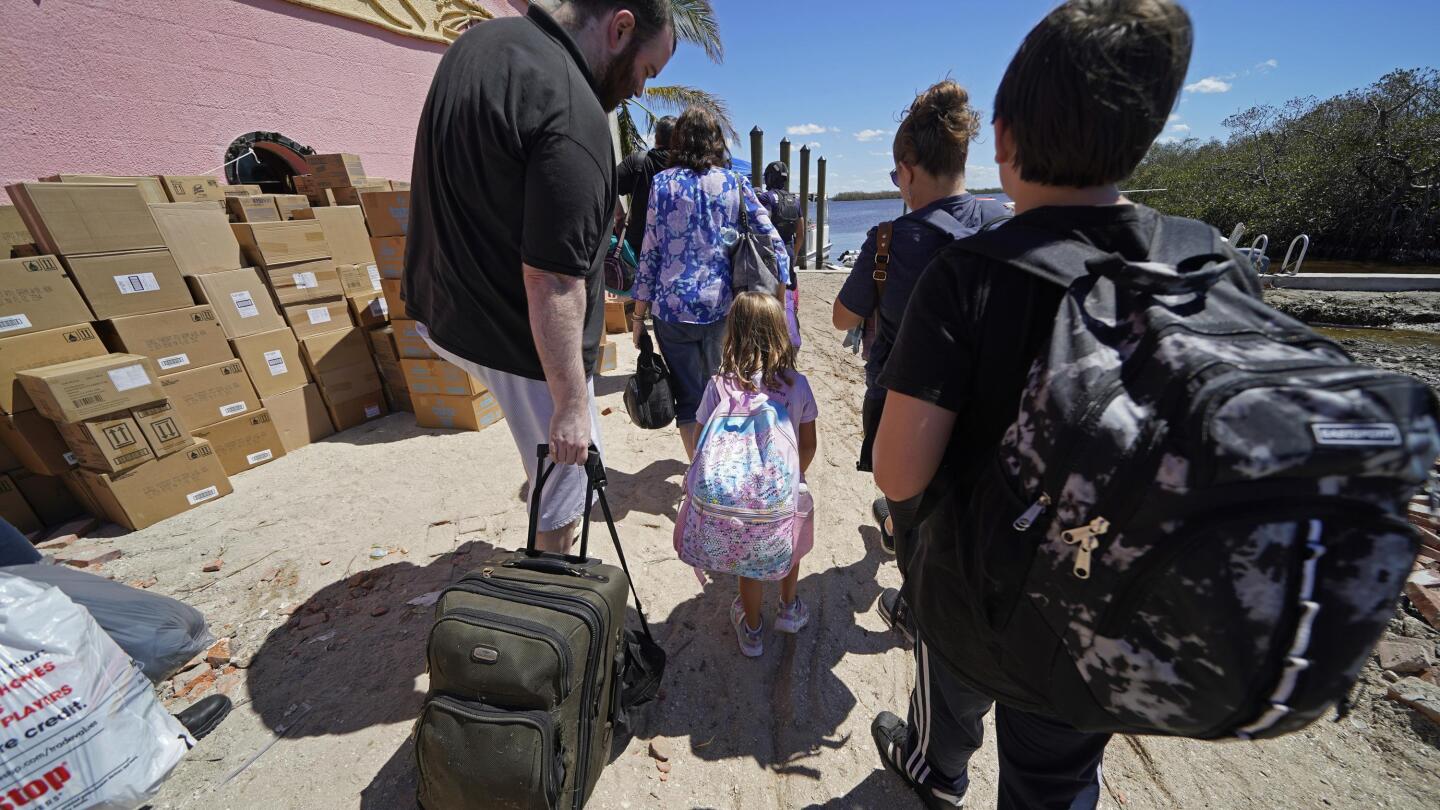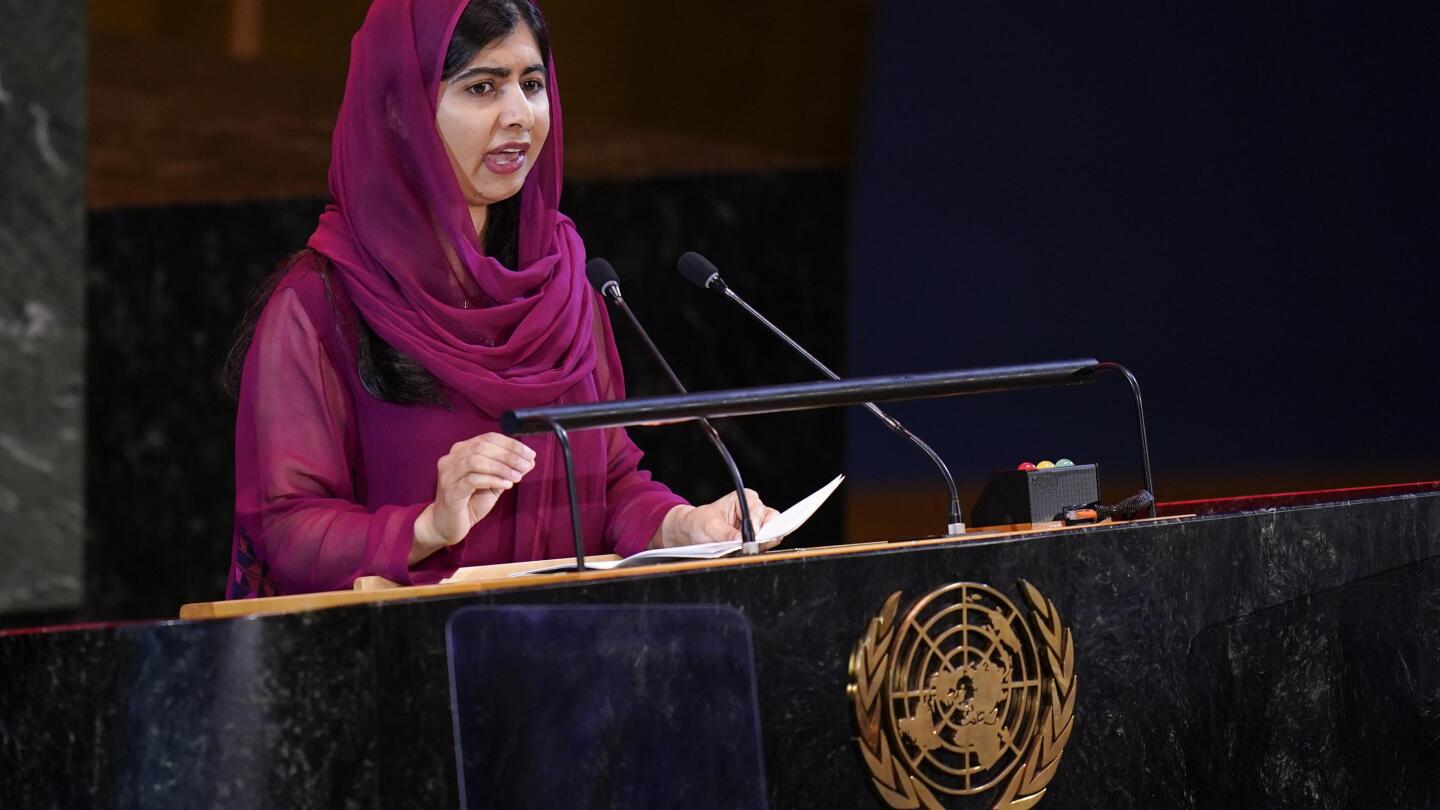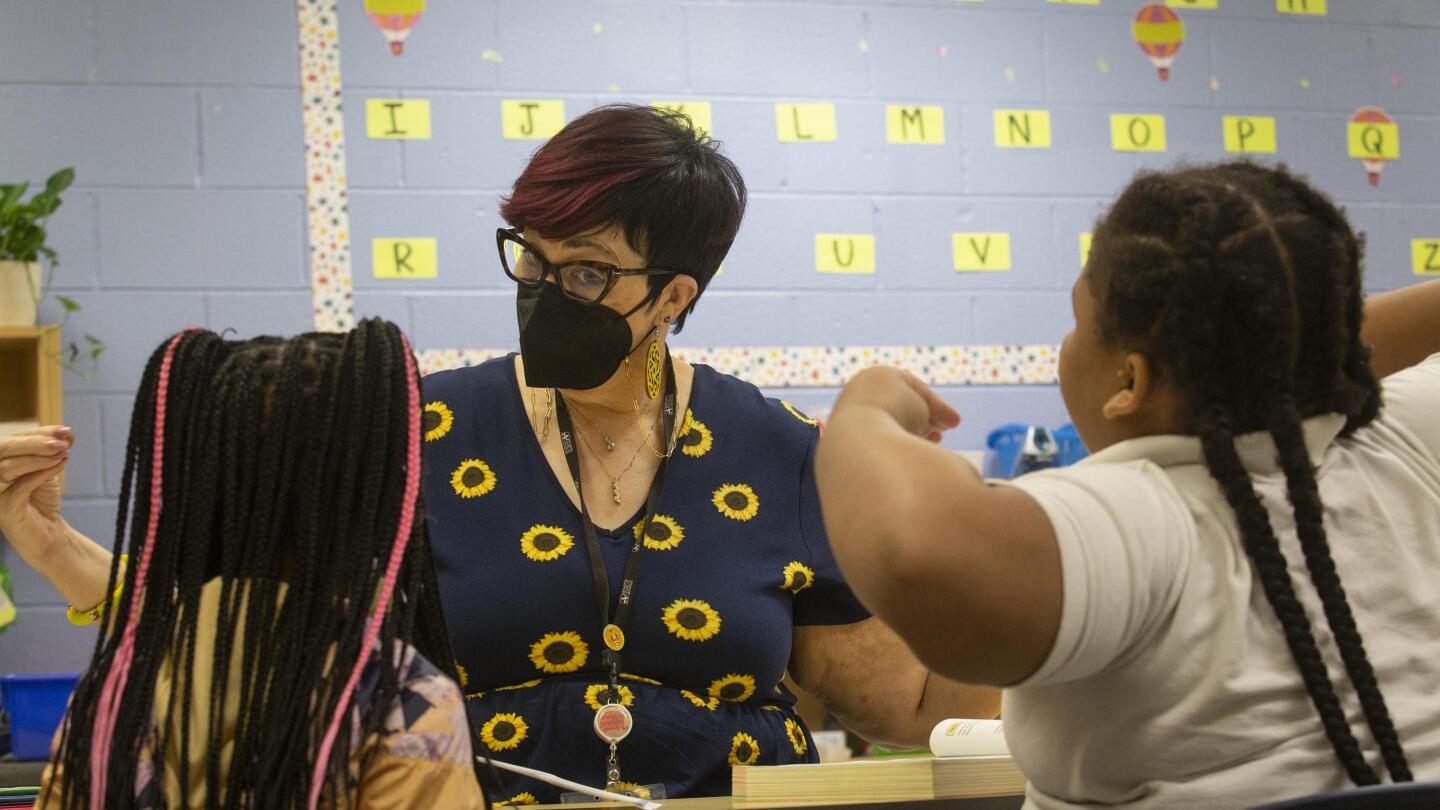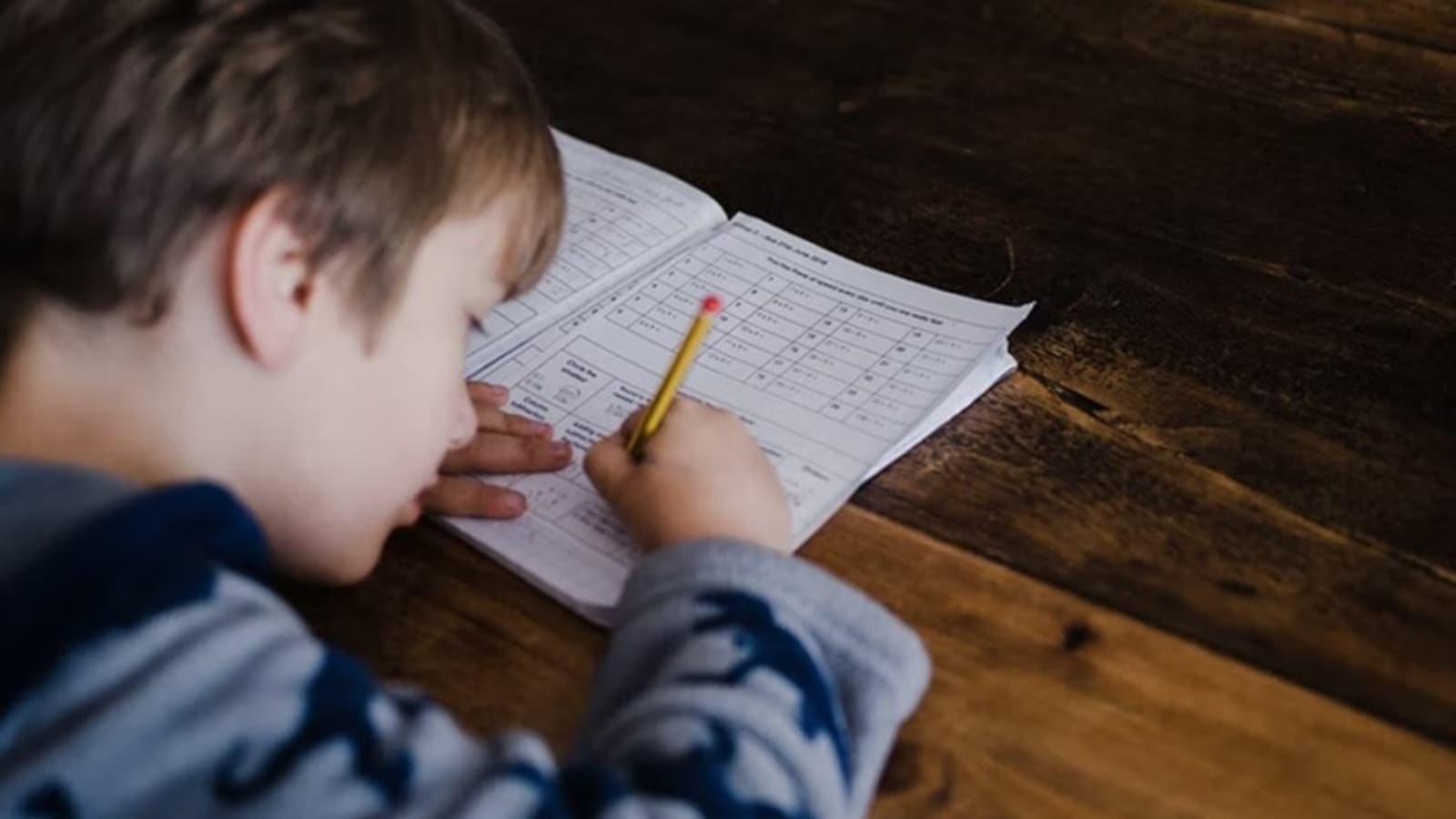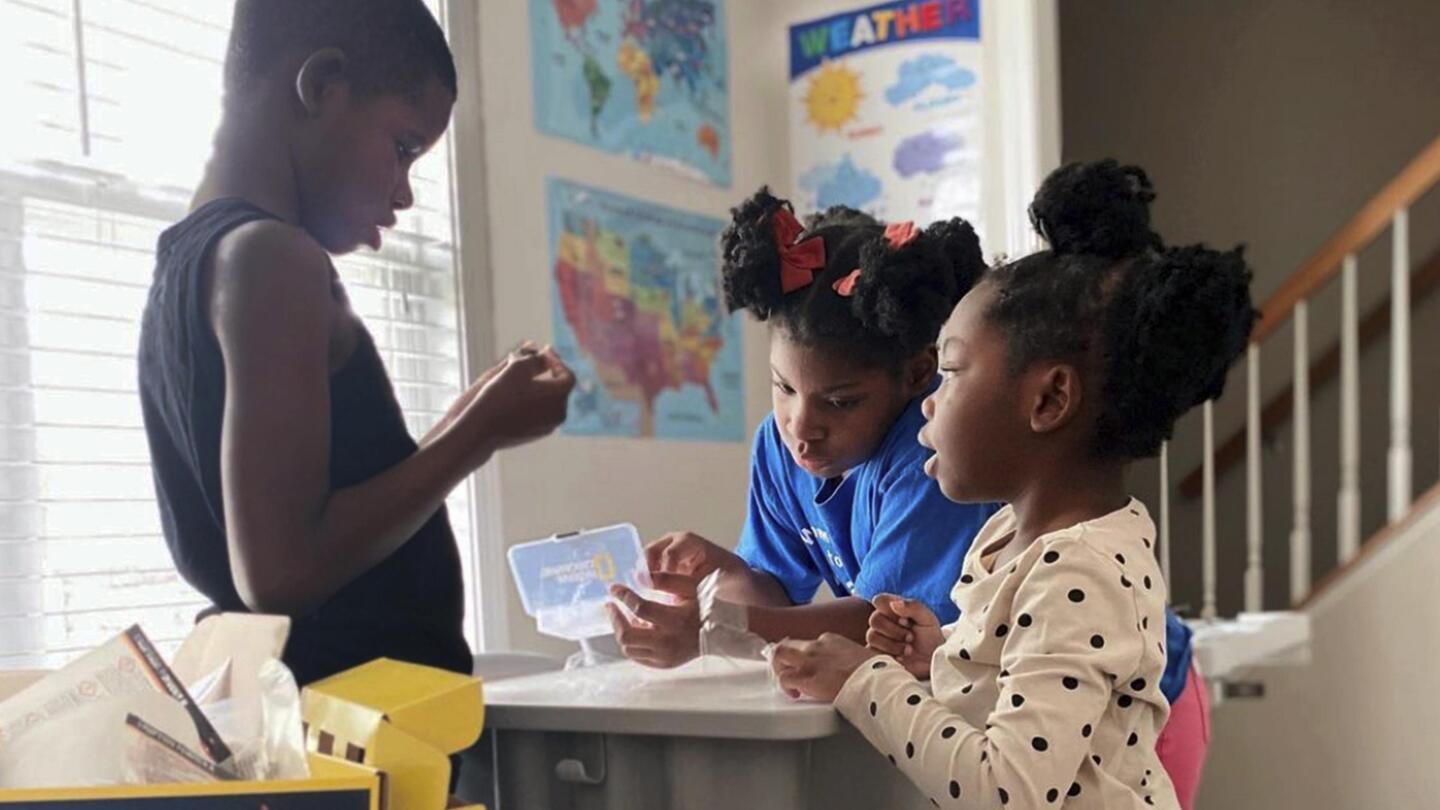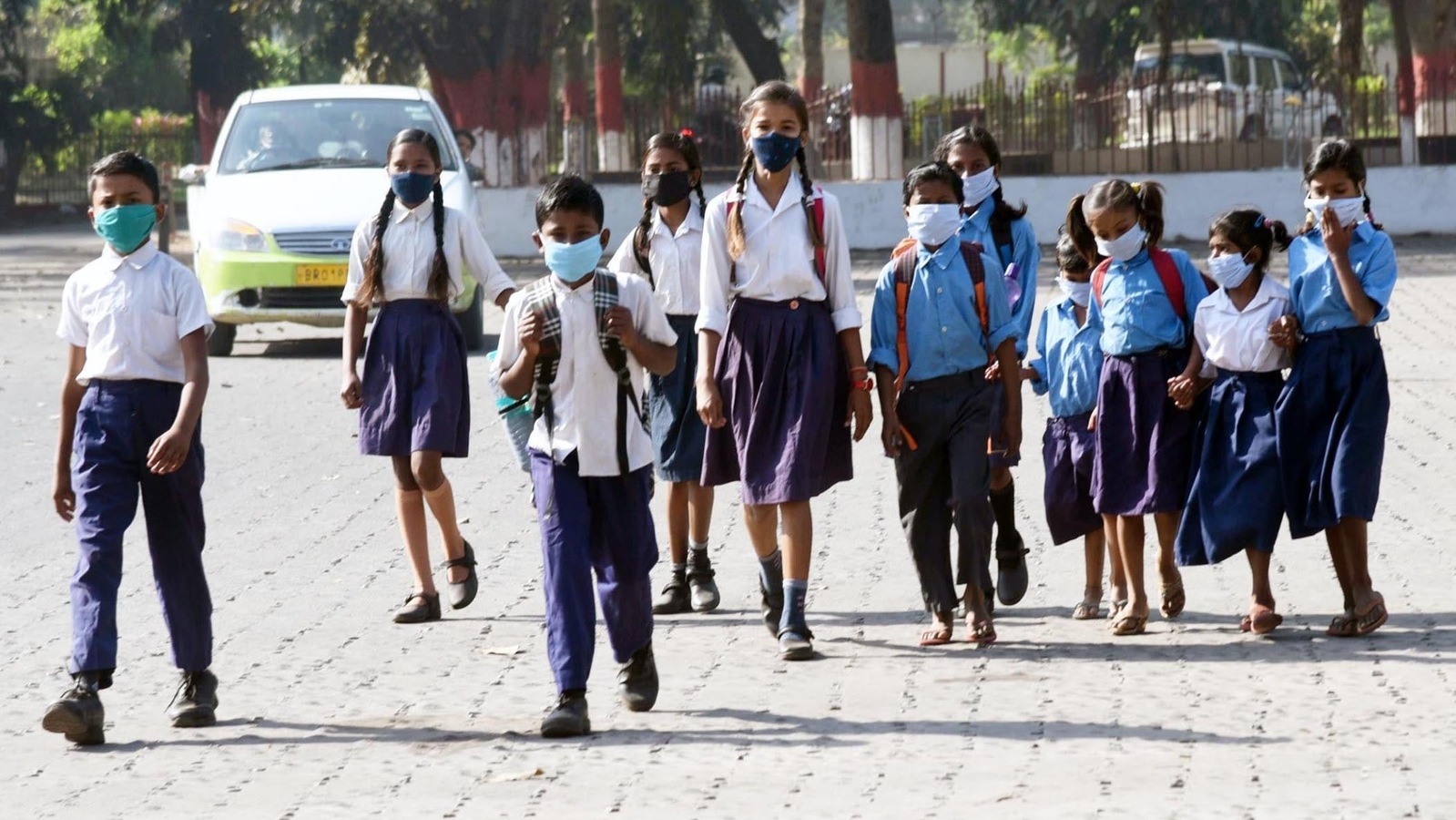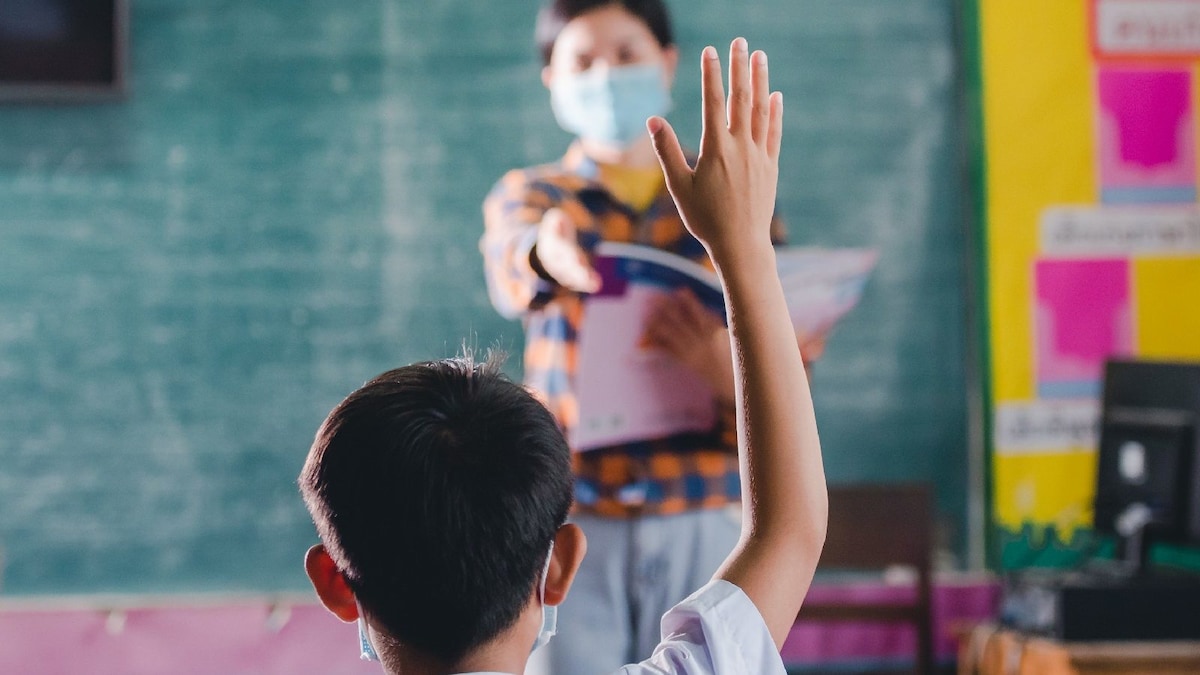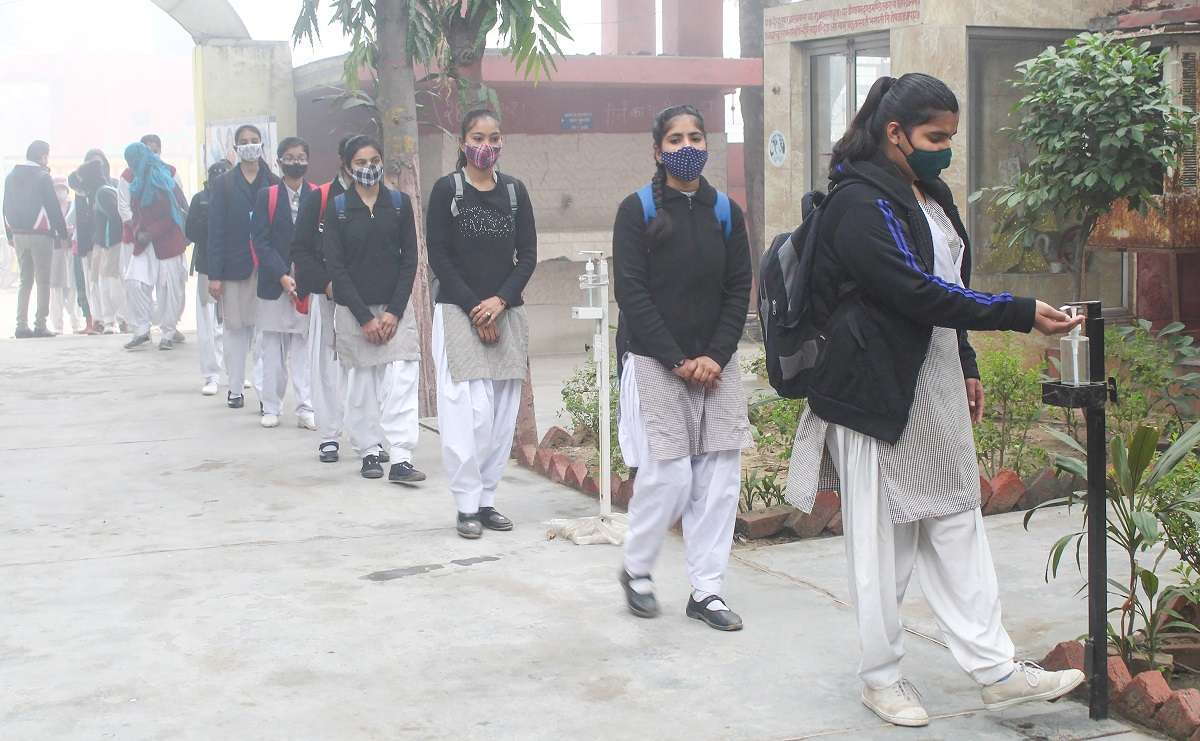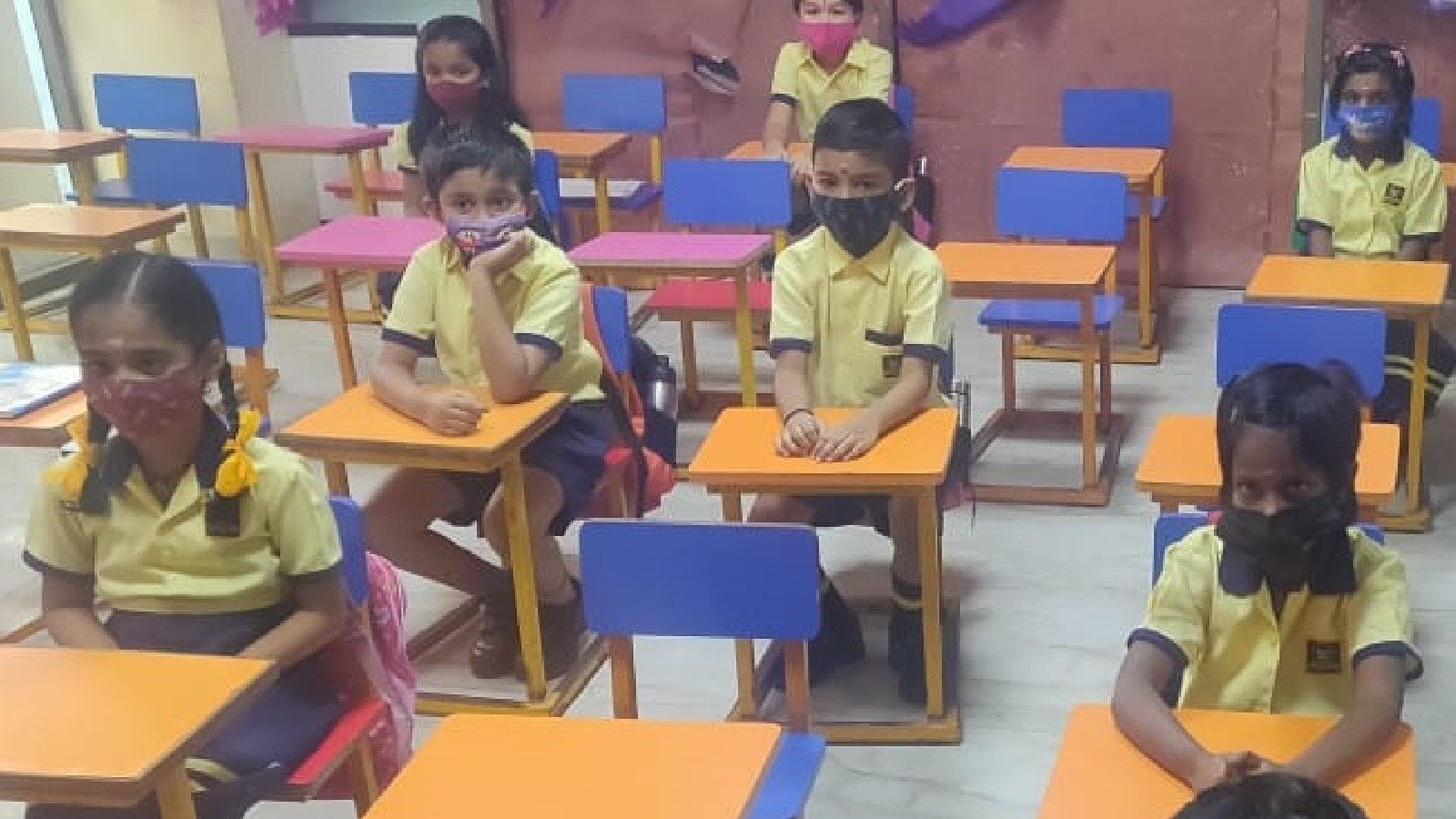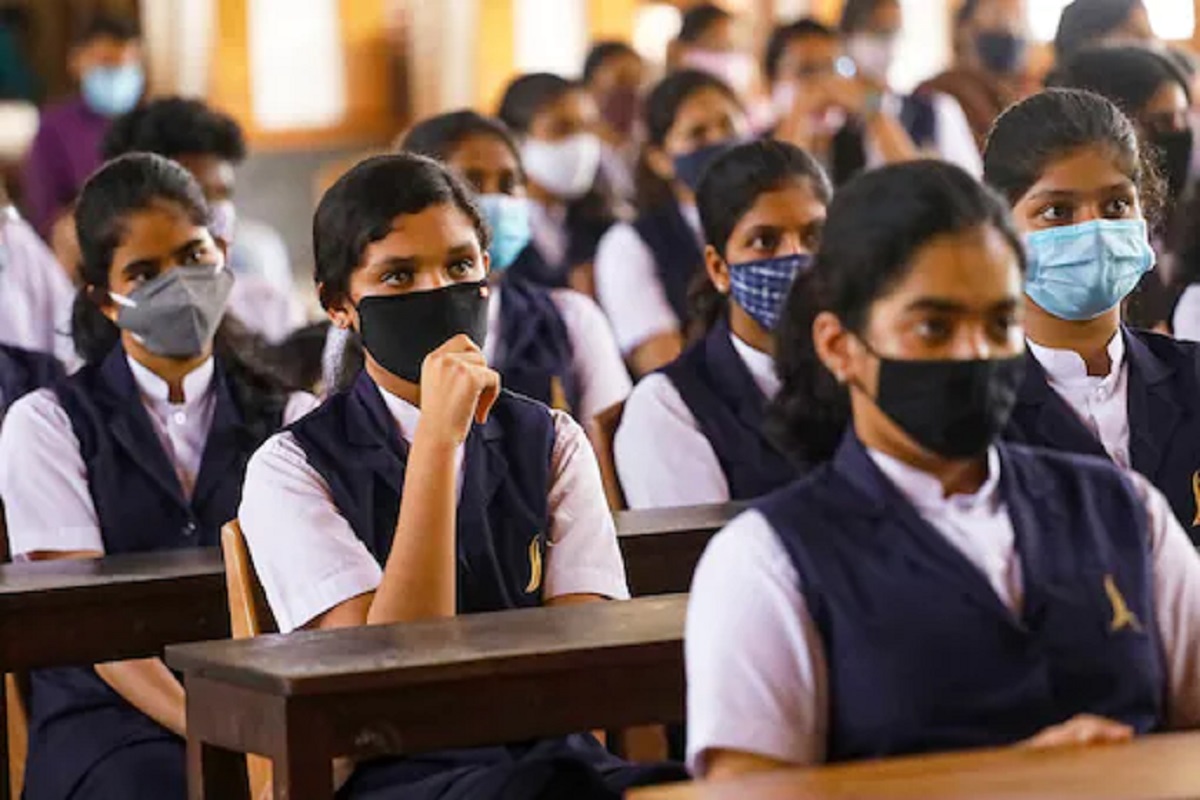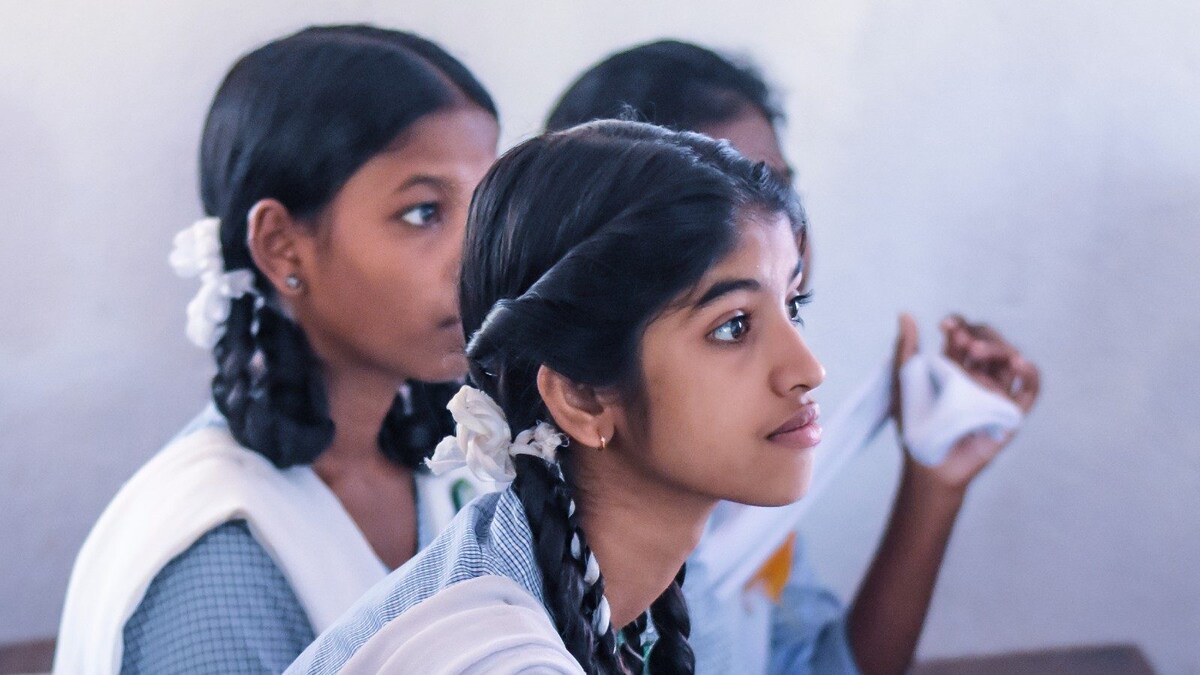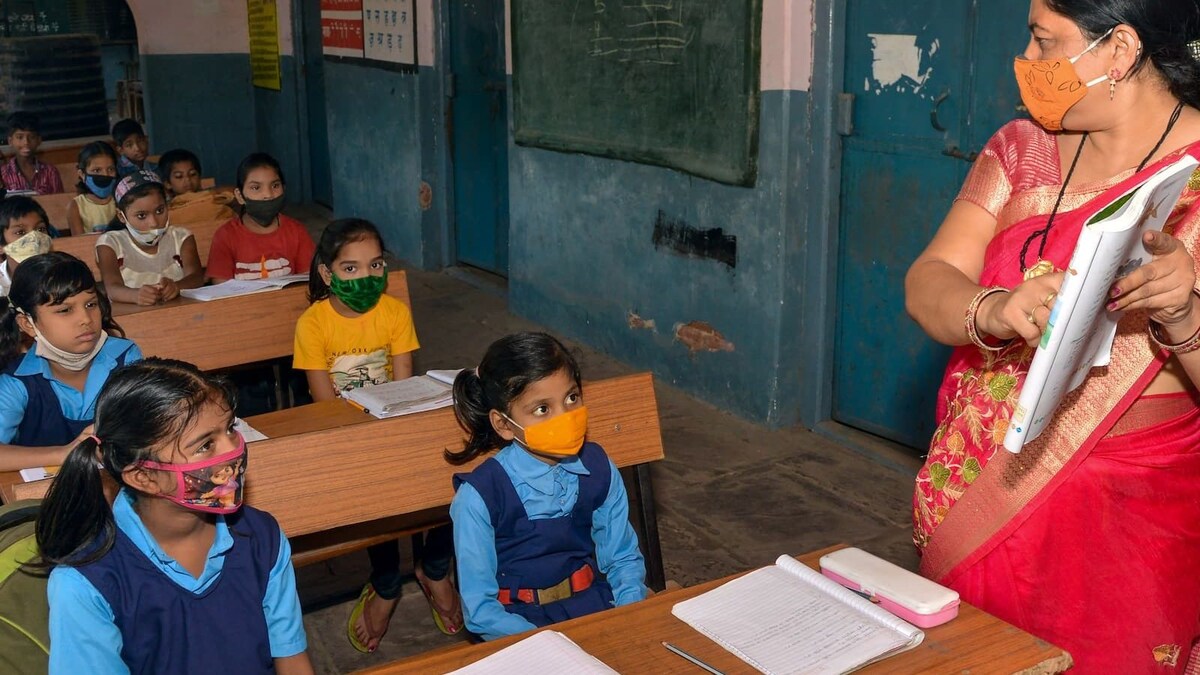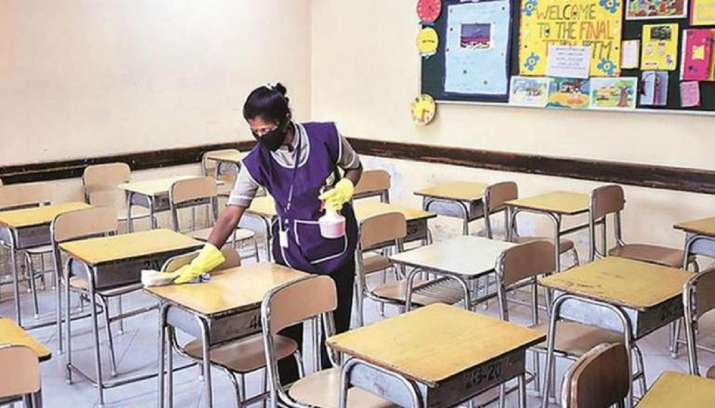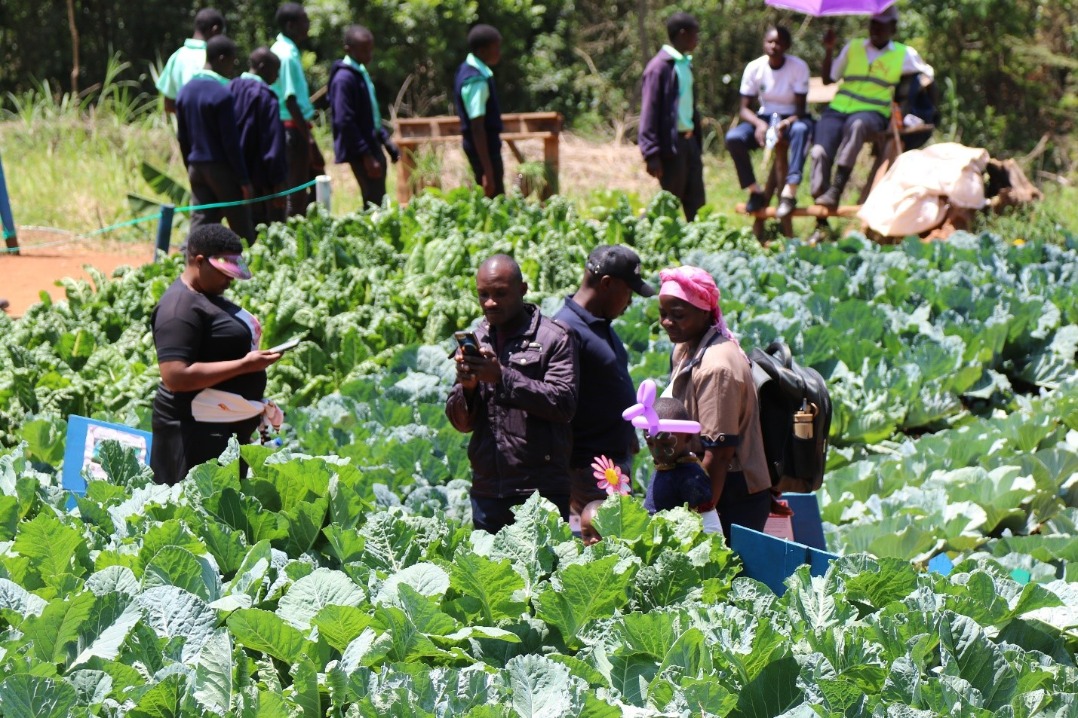
Home learning, reopening schools especially hard in Africa
Associated PressKAMPALA, Uganda — Lessons via radio or TV. “I think education now is more of an emergency than the health issue,” said Dr. Mary Goretti Nakabugo, a literacy expert who runs a Uganda-based education nonprofit called Uwezo, noting that there have been no reported virus deaths and just over 1,000 cases in this East African country, though, as elsewhere, limited testing means those figures are likely undercounts. Children “are completely helpless at the moment.” Although the pandemic has disrupted education across the globe, the schooling crisis is more acute in Africa, where up to 80% of students don’t have access to the internet and even electricity can be unreliable, making distance learning difficult, if not impossible. Girls may especially suffer, according to the literacy expert Nakabugo, who cited anecdotal reports of a growing number of teenage pregnancies — as the Norway-based institute’s report noted happened during West Africa’s Ebola epidemic. “So some of them are going to run away from the profession.” In the West African nation of Senegal, education officials tried to keep children learning by broadcasting some classes on television after schools closed in March, a move aimed at reaching students without home internet access.
History of this topic
Kenya postpones reopening of schools as flood-related deaths near 100
Associated Press
Schools reopen in Uganda after nearly-two-year COVID closure
Al Jazeera
Uganda plans to reopen schools next year – but who will return?
Al Jazeera)
Kenya’s Unusual Solution to the School Problem: Cancel 2020 and Start Over
News 18
The schooling crisis in Africa is different and severe
Deccan ChronicleDiscover Related

